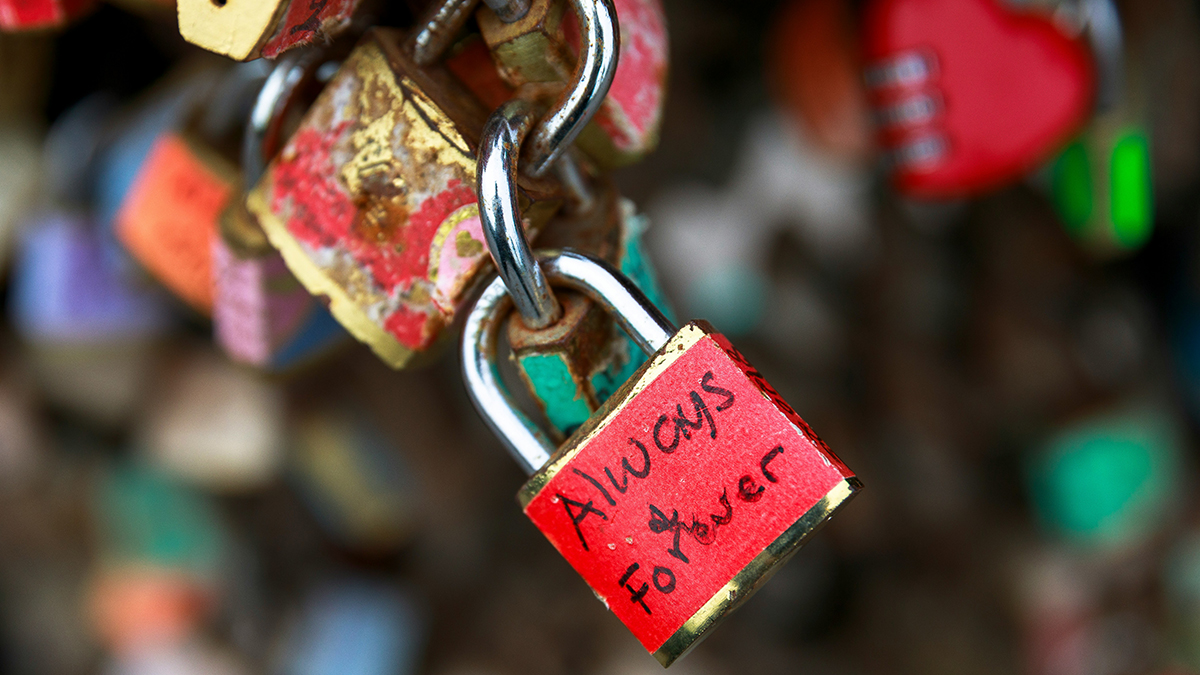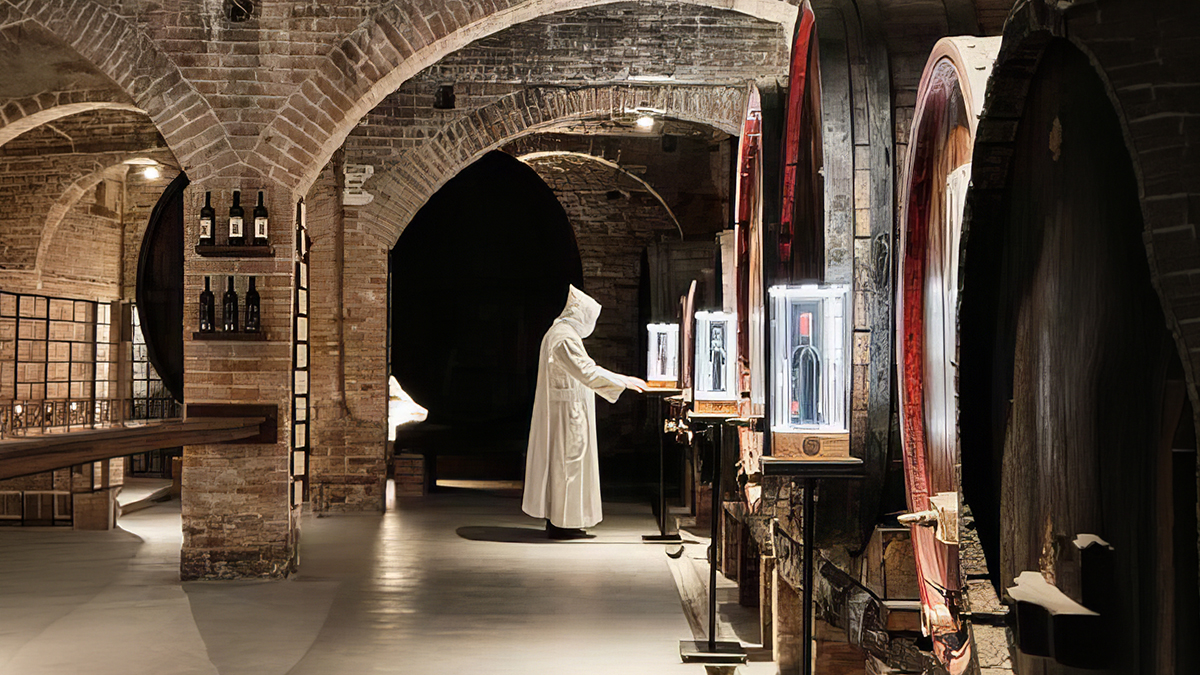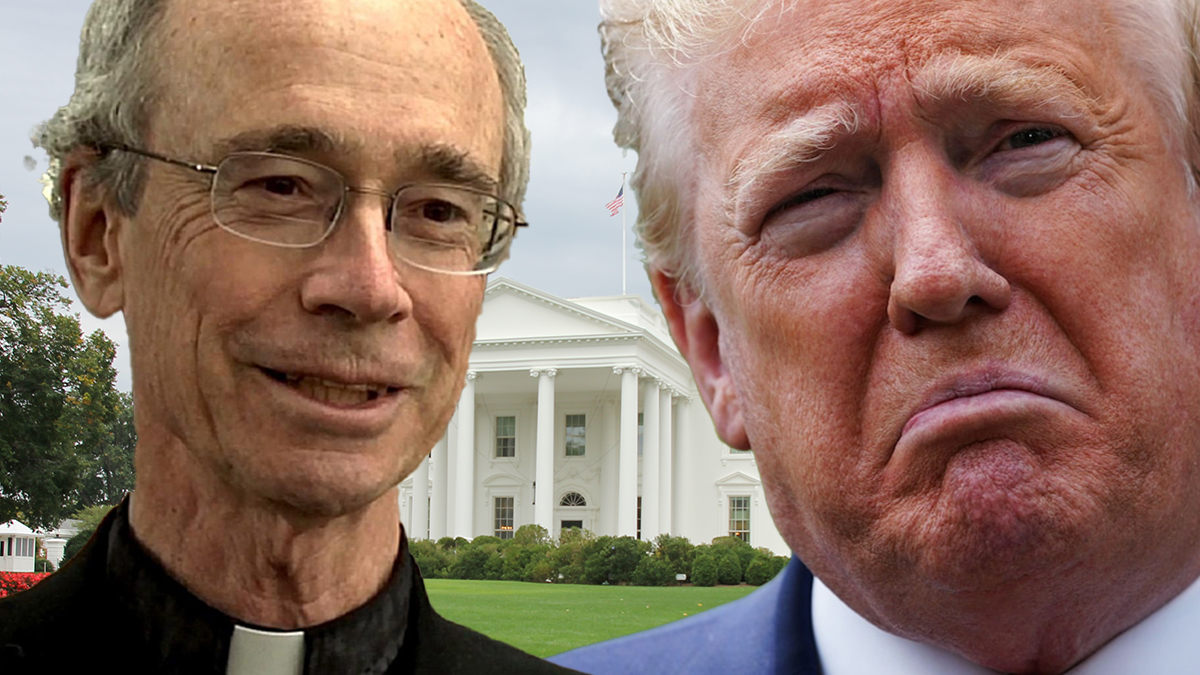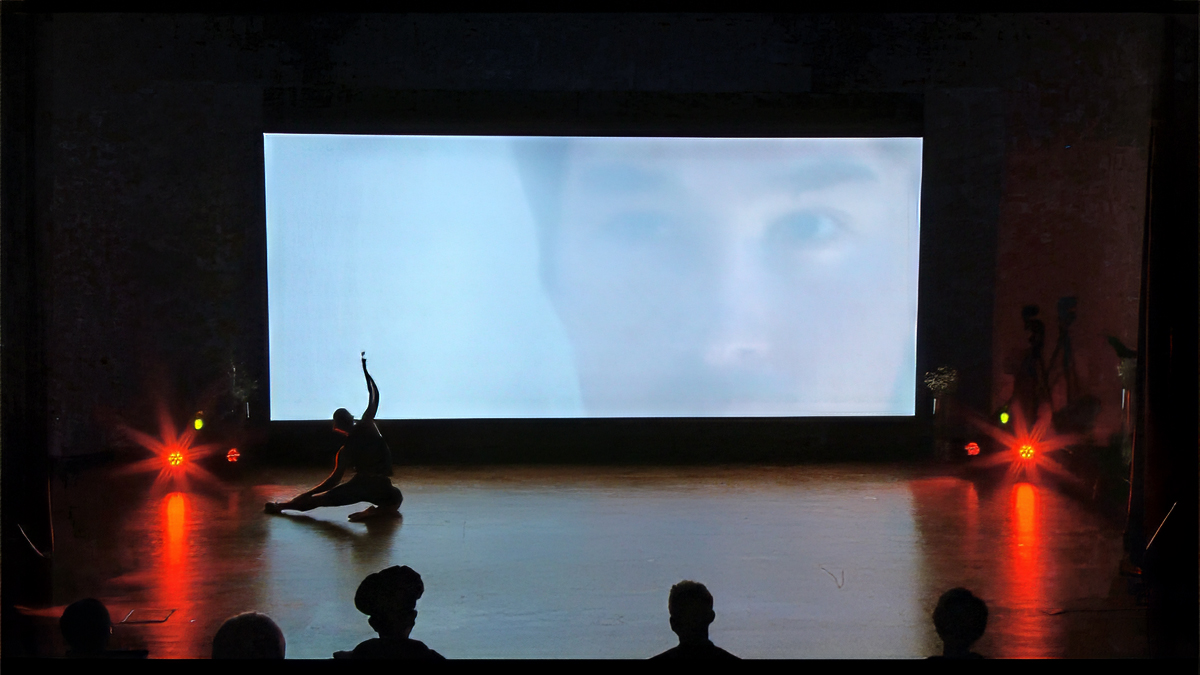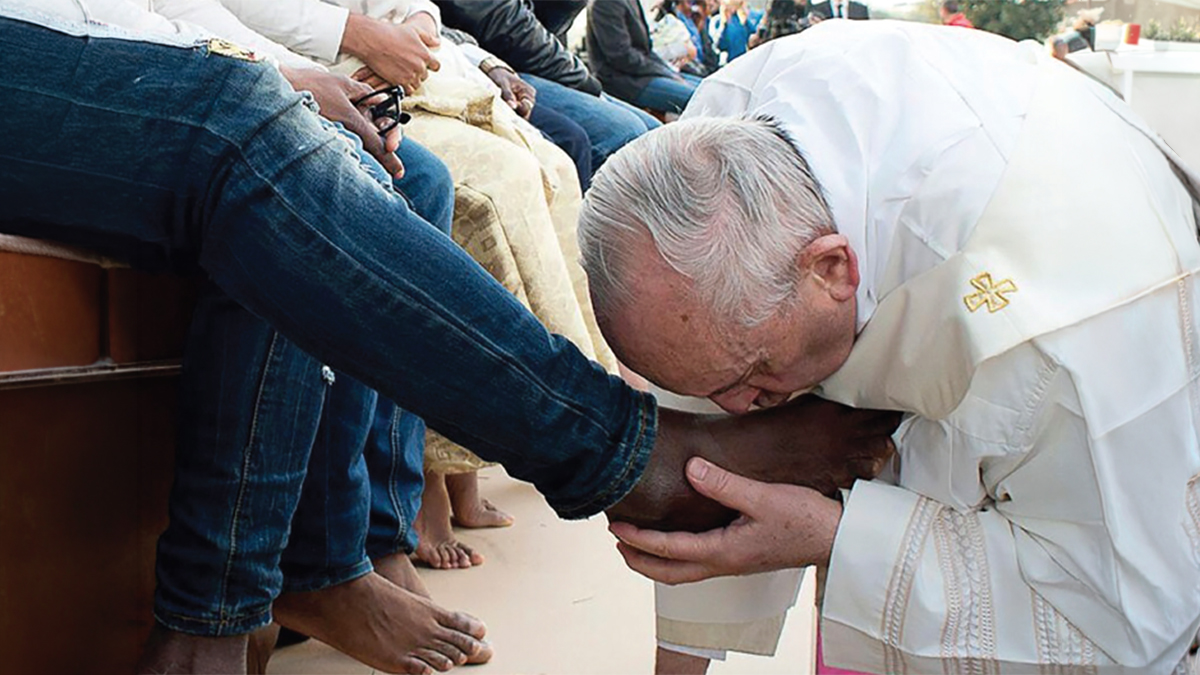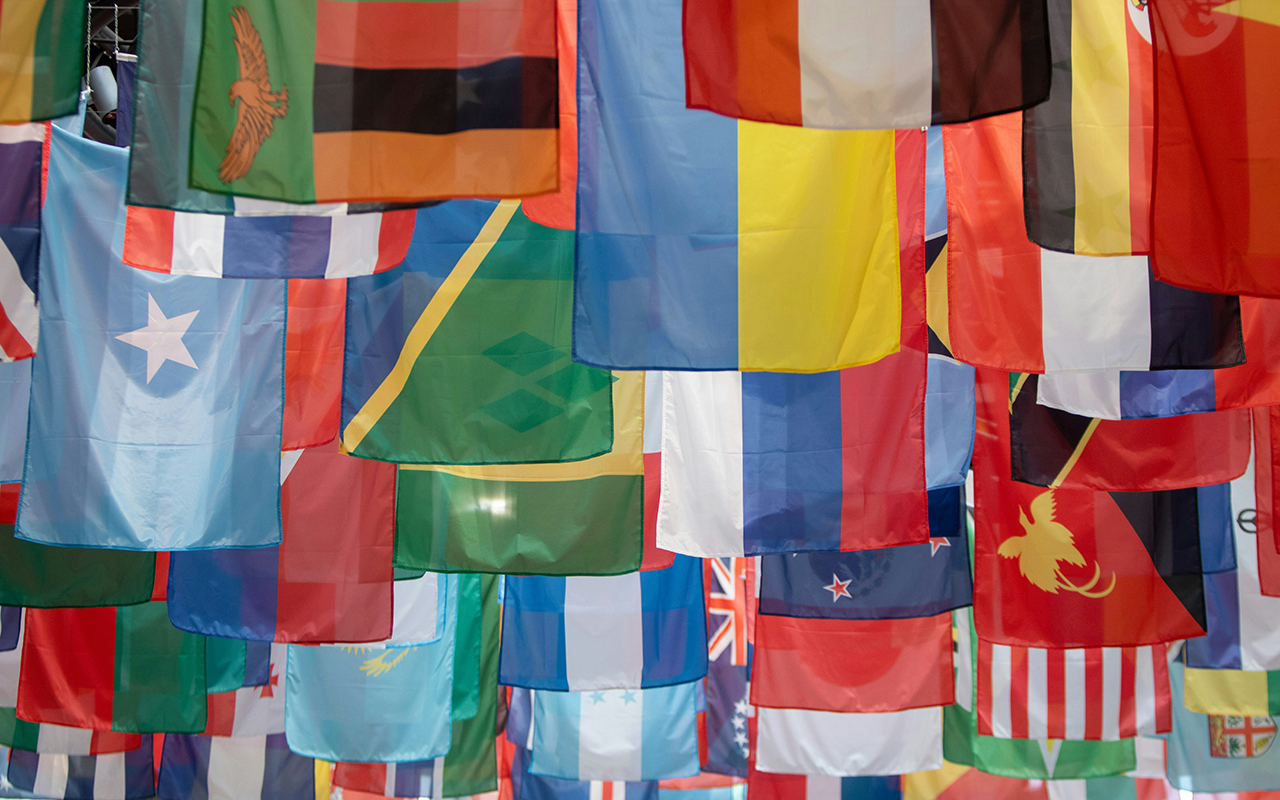Analysis and Comment
-
The future of Church is hybrid: local digital strategy needed
The “Silver Surfer” is becoming a primary demographic for church digital communication. With 90 percent of seniors online, parishes must shift their strategies away from traditional print to well-curated digital platforms to reach their most active members.
-
Catholics see wine as a gift — not a danger
Where some traditions view alcohol with suspicion, Chapman argues that Catholics have historically received wine as a gift to treasure. In an age when younger generations either shun wine or misuse it, this sacramental vision offers a saner, richer alternative.
-
I’m giving up Trump for Lent
Lent is traditionally a season of penance, prayer and self-examination. For Tom Reese, the most honest act of penance he can manage is admitting that his Trump consumption has become compulsive, corrosive and entirely optional — and, while not claiming perfect resolve, choosing, for 40 days, to stop.
-
US bishops speak on racism, silent on women
The bishops’ silence on misogyny may stem from false theology: the Arian heresy that women can’t image Christ because Jesus was male. This ancient error continues to trap church leaders in an all-male clerical bubble that prevents them from fully defending women.
-
Pope Leo asks: Can we stay real in the age of simulation?
Pope Leo’s communication day message arrives when AI touches politics, arts, warfare, employment, education and economy. Rather than becoming overwhelmed by technical details, we need coherent principles. The message provides these by focusing on what makes communication truly human.
-
Why Mysticism is back — and what we are really looking for
As mystical texts reappear in mainstream bookshops, a shift in cultural interest suggests that society is looking for answers beyond traditional rationalism. This quiet visibility marks a significant moment where the spiritual and the public debate once again intersect.
-
A Jesuit reads a Jesuit pope
A concise guide to understanding the Francis era; Jesuit, Frank Brennan explores the concept of the “disruptive pilgrim”. The book is an insightful guide to the modern papacy, where Brennan highlights how unsettling the status quo serves as a pastoral tool to awaken the Church.
-
What 600 million Pentecostals know about worship that we’ve forgotten
Where people found healing, story, song, and embodied gesture—where they encountered transcendence through colorful devotions, Marian piety, and the communion of saints—faith flourished. Pentecostalism’s worldwide explosion offers clear evidence: people hunger for mystery, not explanations; for symbols, not signs; for mythos, not merely logos.
-
When barbarians break through the city walls
At Davos, Mark Carney delivered an unusually candid assessment of global power dynamics. The Canadian prime minister argued that smaller nations can no longer rely on international institutions to protect their interests. Instead, they must band together or risk becoming pawns in a game controlled entirely by superpowers.
Get Flashes of Insight
Donate
All services bringing Flashes of Insight are donated.
Significant costs, such as those associated with site hosting, site design, and email delivery, mount up.
Flashes of Insight will shortly look for donations.


